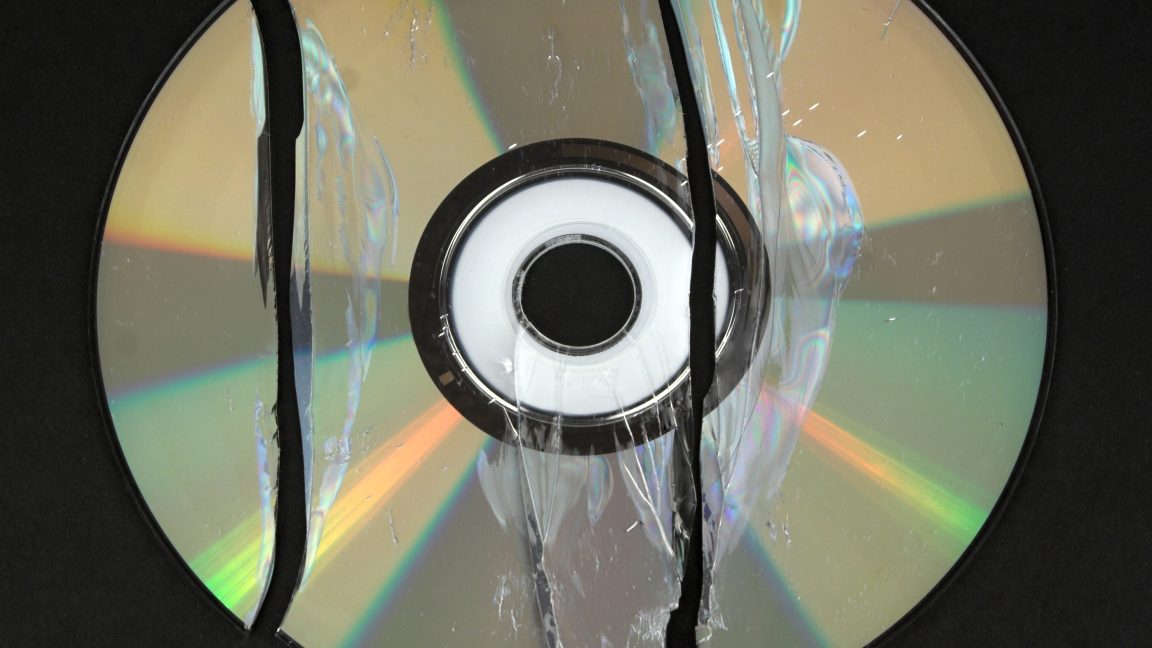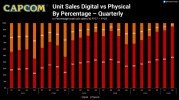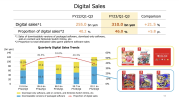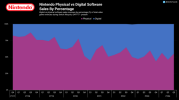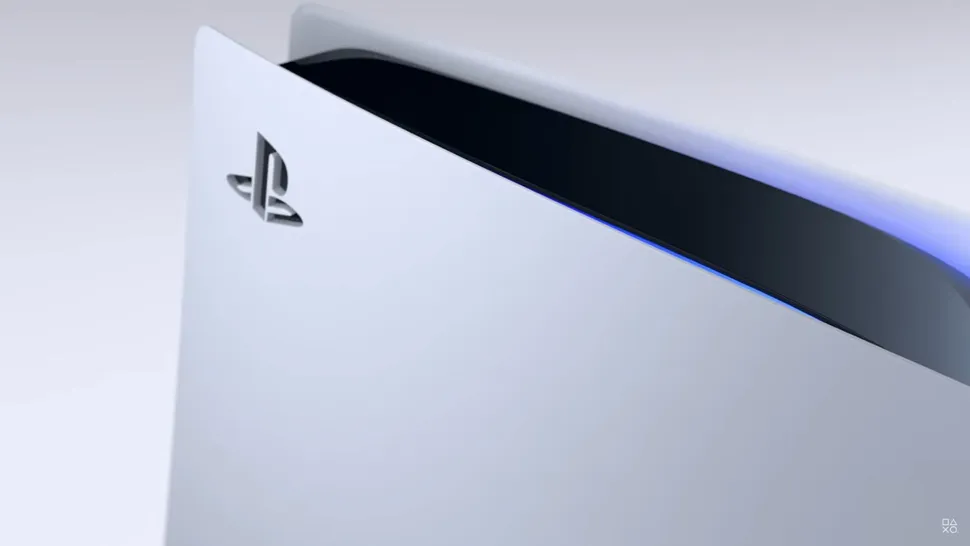If I can get a physical box with a code inside that I can then resell on the free market thanks to new regulations, yeah why not.On its own, no. However, together with market forces, I think so. The publishers want everyone on digital, and you start to see games not even getting a physical release. As digital starts to get more content, those used to physical will start engaging with digital downloads. With less physical selling, stores will start stocking less, with shrinking gaming sections in stores and the outright closing of video game specialists.
There'll be download codes taking up less shelf space than a DVD case, which stores will probably prefer over keeping discs. You can have a fancy Mario cardboard presentation with a download code, something physical that promotes the game and functions as a gift. Besides, publishers aren't going to keep discs going just for grandparents (who'll die out over time and subsequent generations will know only digital). if the rest of the market moves to digital, grannies will just either have to adapt or buy their grand-kids something else. By now they are probably getting used to requests for V-bucks, Robux, and Minecoins.
Massively! It takes ~$5 dollar to print and distribute a disk which comes out of your $70 RRP. It's not about an inefficient new process but a process that's got a high base that can't be lowered, printing, shipping and storing physical inventory. Not to mention the dollar value of the upfront payments and the risks of incorrect production estimates.
This isn't a moral debate. This is a question about whether physical will remain or not, regardless of who it's best for. But understanding who benefits, we see some pros and cons for consumers, and only pros for producers. Given producers want an all-digital future, and consumers aren't that bothered by and large, it seems inevitable physical will die away.
Which will only facilitate the move to digital as gamers who value resale of physical will have that in digital and have one less reason to keep buying discs.
You think that publishers are holding all the cards, but any game that abandons physical will get buried in controversy. Alan wake 2 was the first victim, and even successful games like BG3 are coming back to a physical release.
Imagine something like assassin's Creed not coming out in stores. Ubisoft wouldn't hear the end of it. Publishers don't want and don't need controversies, especially from such a big group of people.
Is this pretty much black mail? Yes. For a good cause (lmao)

